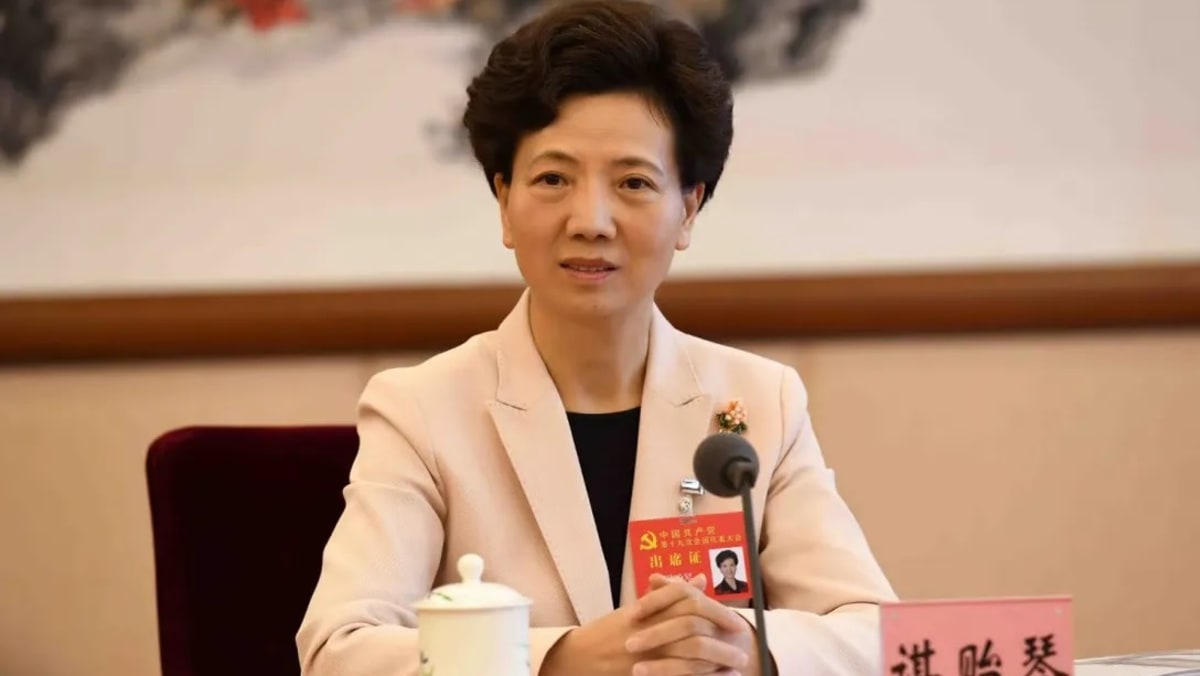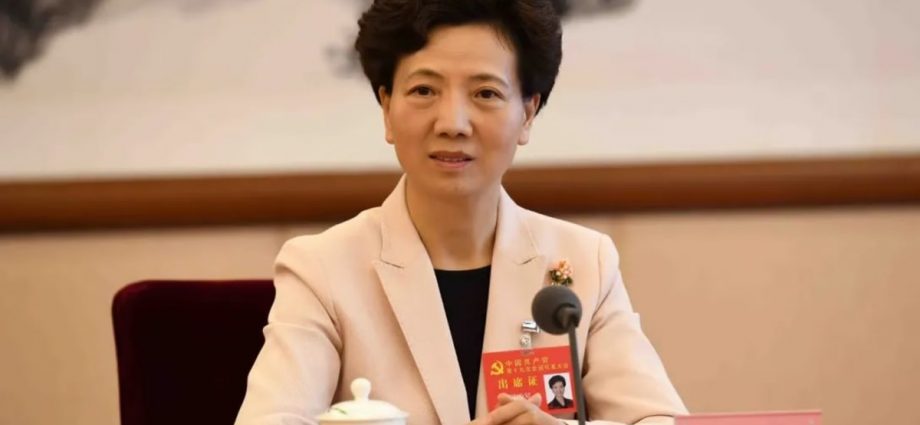
Xinhui Jiang, an associate professor of Nanjing University’s department of political science, said a combination of factors including institutional constraints and cultural implications created a dilemma for women working in the political system.
Women officials often found it more difficult to accept opportunities that could lay a foundation for promotion but also involved relocation, because of a gendered division of labour within the family.
But Jiang said she was a bit optimistic about prospects for women in politics, with women accounting for most new civil servants since 2017.
“But I’m still a little bit worried about whether or not this will form a pyramid shape of women’s representation: A huge amount of women in lower-level positions, street-level bureaucrats while there are very few women in the manager position and on the top,” she said.
The lack of female representation in the political system has resulted in problems in policymaking and addressing public concerns.
“It’s a huge problem,” Shih said. “Not just at the central level, but also at the provincial, prefecture and county level, you very rarely find a No 1 leader at the local level who is a woman, and that will bias policymaking in a certain direction, and away from issues that are very important to women.”
Brown also noted that although women in politics in other countries also faced challenges, China seemed to be going backwards.
“That means that the party’s identity is very conservative, very stuck, very male dominated, very lacking in diversity, that makes a very strong system but very limited,” Brown said.
“There’s a lot of challenges China is facing where it’s going to need different perspectives, different views, different kinds of people. But at the moment, it seems to just want to choose one kind of person and one kind of approach.”
This article was first published on SCMP.

